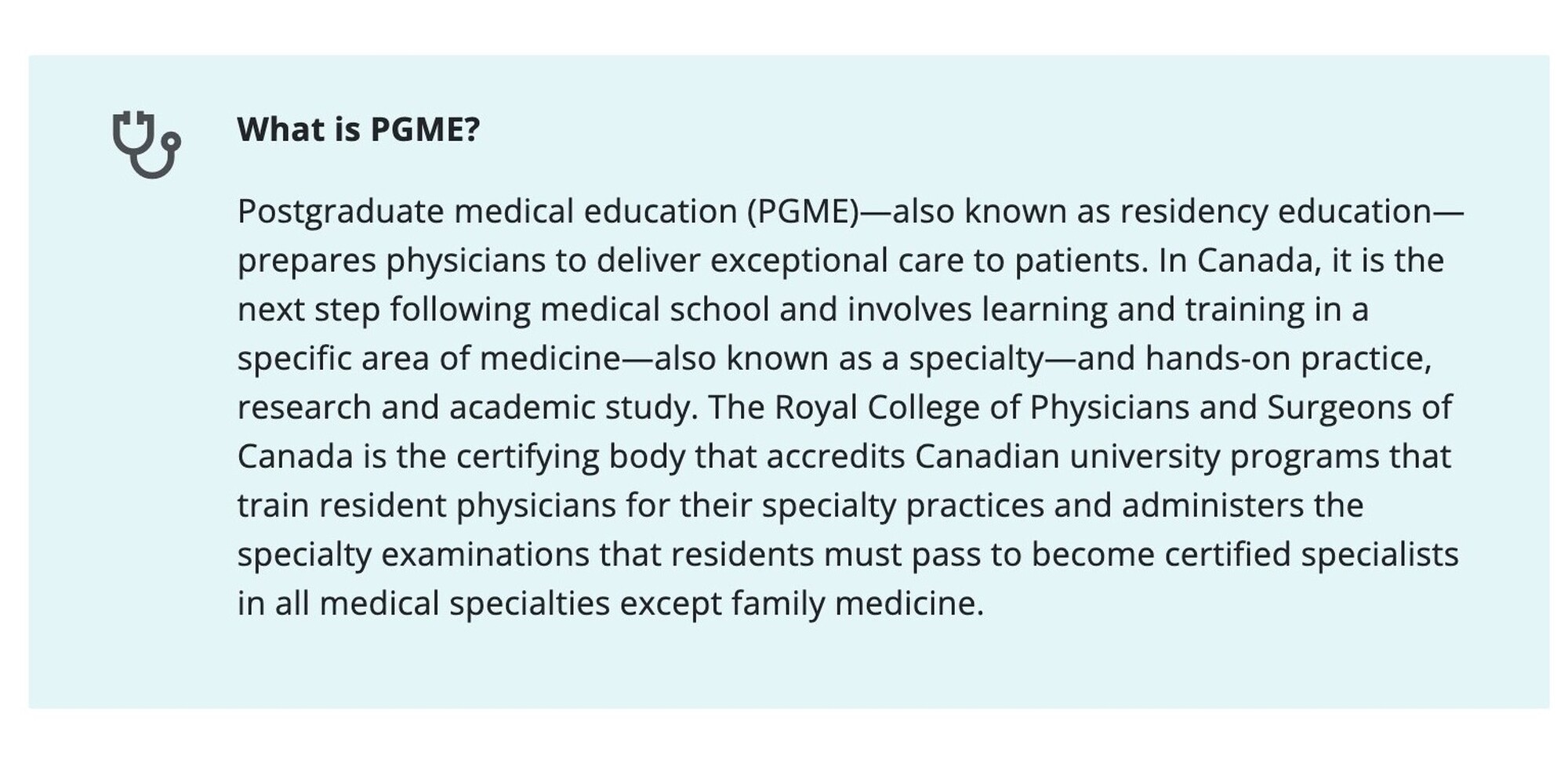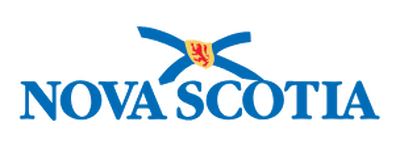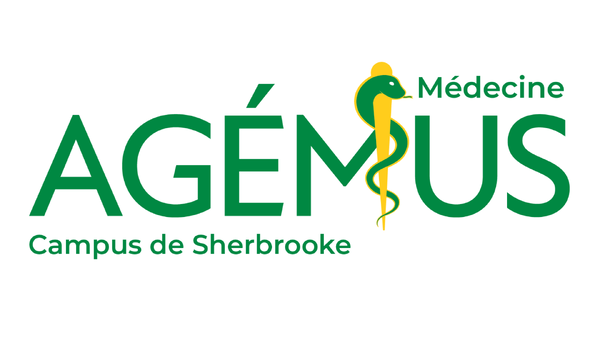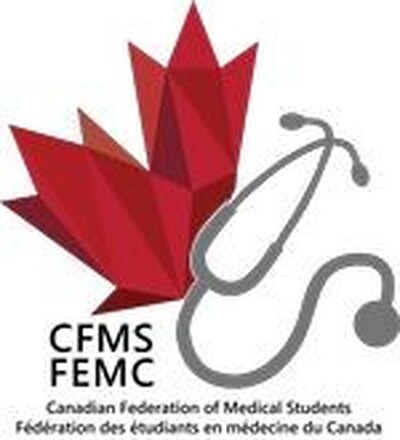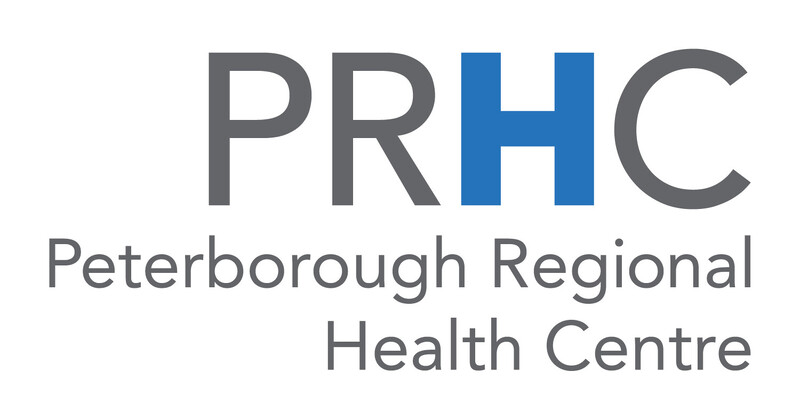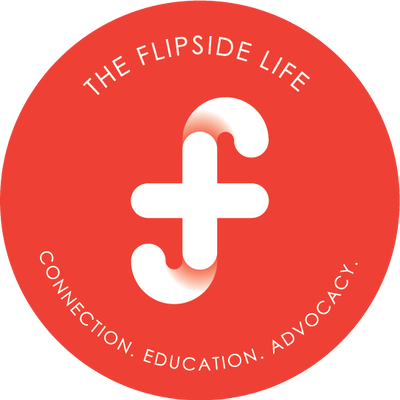September 25, 2025
👋 Hello Landlords!
Once your property goes live on MedsHousing.com, you'll likely hear from medical learners and healthcare providers at many different stages of clinical training.
From first-year medical students to specialty fellows, from nursing learners to physician assistants, the terminology can feel confusing — but don't worry, this guide has you covered!
Knowing these terms helps you:
✔ Communicate clearly
✔ Understand their schedules
✔ Provide better support
✔ Make your listing more appealing
🧠 Key Terms Every Landlord Should Know
👩⚕️ Medical Learner
A broad term for anyone engaged in medical education.
You might see labels like:
M1, M2, M3, M4 (medical school years)
PGY1-7 (Post-Graduate Year 1-7)
Clerk, Resident, Fellow
This is the most common umbrella term you'll encounter.
👩⚕️ Medical Education Pathway
Understanding the journey helps you understand their needs.
🎓 Medical Student (M1-M4)
M1-M2: Classroom, foundational sciences
M3-M4: Clinical clerkship in hospitals/clinics
M4: Applies for residency through CaRMS/National Match
Students often travel for away rotations and short-term housing.
🩺 Resident (PGY1-7)
After medical school comes residency — a full-time, paid, extremely intensive training program.
Works 60-80 hours per week
Trains in specialties like Family Medicine, Surgery, Pediatrics, Internal Medicine
Duration: 2-7 years
Requires certification exams at completion
Residents appreciate quiet, reliable housing and flexible arrangements due to long shifts.
🫀 Clinical or Research Fellow
After residency, some physicians pursue sub-specialty training:
Cardiology
Oncology
Pediatric surgery
Maternal-Fetal Medicine
Fellowships last 1-3 years and involve highly specialized, demanding schedules.
🧑⚕️ Other Healthcare Learners & Providers on MedsHousing
👩⚕️ Physician Assistant (PA)
PAs are licensed providers who can:
Diagnose
Treat
Perform procedures
Prescribe (in many provinces)
They work closely with supervising physicians.
👩⚕️ Registered Nurse (RN)
RNs complete accredited nursing programs and pass licensing exams.
They provide essential patient care, assessments, and education, often working long shifts.
👩⚕️🩺 Nurse Practitioner (NP)
Advanced practice nurses who can:
Diagnose
Prescribe
Treat
Provide primary care
NPs are often on clinical placements or upgrading training.
🤱 Midwife
Midwives specialize in:
Prenatal care
Labour and delivery
Postpartum care
They may travel widely for rural and clinical placements.
🦷 Dental Learners (optional to include; often use MedsHousing)
Includes:
Dental students
Dental residents
Oral surgery trainees
🧪 Allied Health Learners
Many also use MedsHousing for rotations, including:
Physiotherapy students
Occupational therapy students
Respiratory therapy students
Medical laboratory science trainees
Paramedic students
Pharmacy students and pharmacy residents
These learners often require short-term furnished rentals.
🩻 Key Training Terms You'll Hear
🔄 Rotation
A clinical placement in a specific department (ER, obstetrics, surgery, etc.).
Typically lasts 2-8 weeks.
📅 Block
A scheduled period used in medical schools and residencies to organize training.
Similar to a "term" or "unit."
🧭 Elective
A rotation chosen by the learner — often in another city.
Electives create the highest demand for short-term housing.
💡 Why This Matters for Landlords
Understanding these terms helps you:
Respond quickly and accurately to inquiries
Highlight features learners value (quiet space, study area, proximity to hospitals)
Adjust rental periods to match rotation schedules
Build trust and professionalism
Attract more qualified healthcare tenants
✨ You are providing an essential service.
Your rental supports the next generation of healthcare professionals.
💬 Final Thoughts
The more you understand about the medical and healthcare training journey, the smoother your interactions with prospective tenants will be.
By offering a supportive, safe, clean, and comfortable home, you're not just a landlord — you're contributing directly to Canada's healthcare system.
Thank you for opening your doors to those working tirelessly to care for our communities. ❤️
